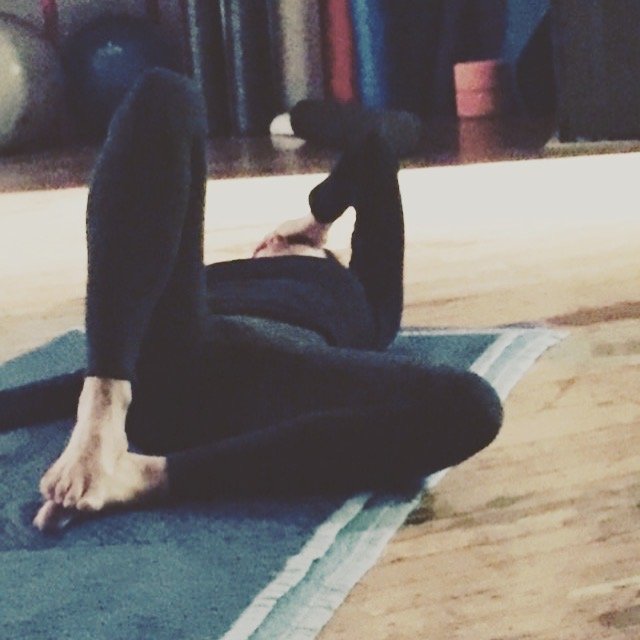Children Are Our Teachers
When an infant reaches for something, a person or an object, they use their whole self. Driven by a sense of curiosity, they are able to achieve a feeling of accomplishment all their own.
It requires a beautiful organization to reach for something. We can learn so much when we watch #babies move, and we see the delicate quality that is required to execute every #function.
Their process is quite thoughtful, actually: there must be good contact with the floor; easy and free carriage of the head/eyes; a willingness to keep trying and failing; patience and sensitivity. They also show us how to keep it simple. And it is within this very brief period of development that we learn how to balance, self-regulate, and trust our environment in order to support our needs. Babies don’t require devices to support them, nor do they need our help in sitting, standing or walking. These little ones demonstrate a greater faculty for listening than we do as adults. Their proprioception is highly attuned to finding efficiency through movement.
We, as adults, might not realize this because we’ve been doing it for so long, unconsciously. When we get up to reach, sit, stand or walk our systems are so intelligent that we just trust we’ll accomplish the task at hand, at any given moment, without hesitation. Unfortunately, over time we then find ourselves feeling less confident and looking elsewhere for security. We become desensitized by the shoes we wear, the chairs we sit in, the flat ground we walk on, the devices in our hands, the belief systems we’ve been conditioned by… We’ve lost the ability to listen.
As a somatic educator, I continuously seek out ways to rebuild that sense of security and highly attuned organization that we once had as children. Building sensation and awareness are our most valuable tools.
Thank you to our children––and for the lessons of #moshefeldenkrais––to keep us engaged with our whole self.





